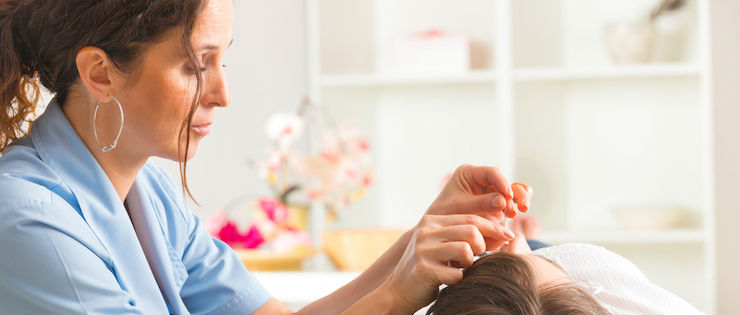
Most people don’t associate depression with pregnancy. We think of pregnancy as a time of excitement, anticipation and maybe a little trepidation for mums-to-be. However, depression plays a part in 9% of all Australian pregnancies.
For some expectant mothers, their depression began long before pregnancy and they either stopped taking their medication while pregnant and their symptoms returned. For others, they experience depression for the first time, brought on by pregnancy hormones. They may suffer from feelings of gloom, dread and hopelessness or they may not be able to find joy out of anything, even things they enjoyed doing previously. If any of these symptoms continue for two weeks, help should be sought from their health care professional.
If left untreated, pregnant women may stop taking care of themselves and their unborn child is at risk. Depression during pregnancy can also lead to poor birth outcomes and ongoing depression after the baby is born. Post natal depression can put both mother and baby at risk.
Treatments
A GP or other health care professional may draw up a treatment plan which includes a combination of practical and emotional support. Many pregnant women are concerned about taking antidepressants while pregnant and in the last decade have looked for alternative treatment methods that don’t involve medications. Acupuncture is one of the options available.
Acupuncture involves fine needles inserted into points on the body known to help alleviate depressive symptoms. The tiny needles cause micro-injuries that trigger immune, inflammatory and nervous responses.
Acupuncture is also used to treat anxiety, some cancers and symptoms of cancer treatment such as nausea and vomiting.
Research
A randomised controlled trial conducted by Stanford University School of Medicine in 2010 showed acupuncture was effective for treating depression in pregnant women. The trial involved 150 women between 12 and 30 weeks gestation who had been diagnosed with a major depressive disorder.
One third of the women received acupuncture for depression, one third received acupuncture not related to the treatment of depression and the final third received treatment other than acupuncture. The group receiving the depression-specific acupuncture reported a 63% reduction in depression symptoms compared to 44% in the other two groups receiving non-depression related acupuncture and massage.
Seeking Help
While acupuncture may not be a successful treatment for all pregnant women suffering depression, it may be a treatment worth trying. All pregnant women should keep regular appointments with all of their health care professionals and provide details of any depressive symptoms.
HIF Maternity
The years spent creating your family are when you rely most on quality hospital cover. Take a look at the benefits included in HIF’s Maternity Cover and enjoy peace of mind knowing you have the right health cover when you need it most.